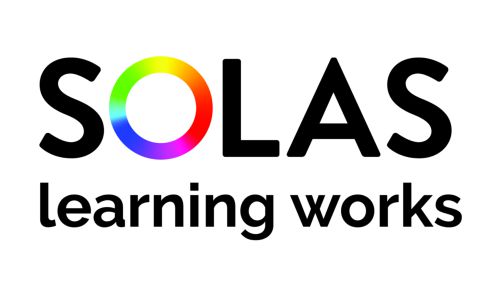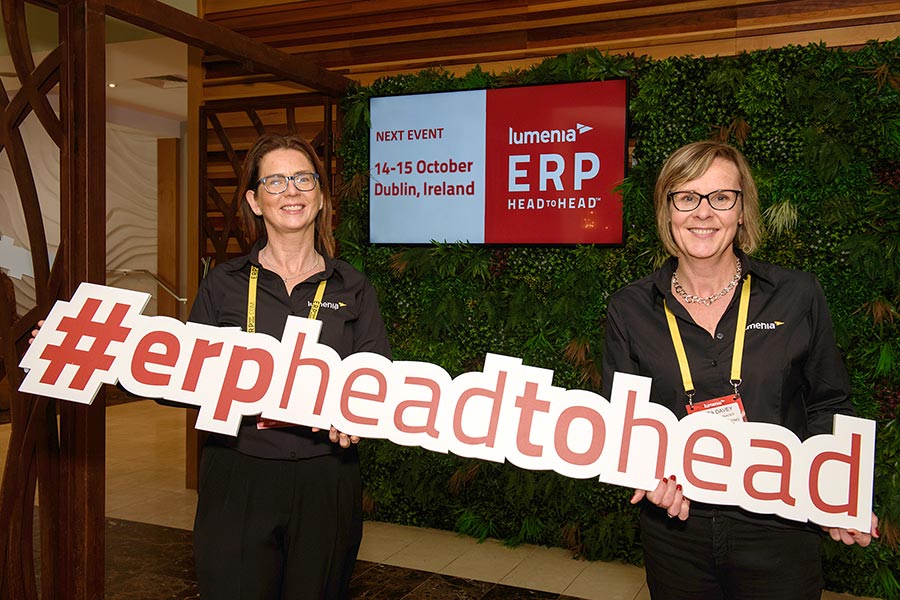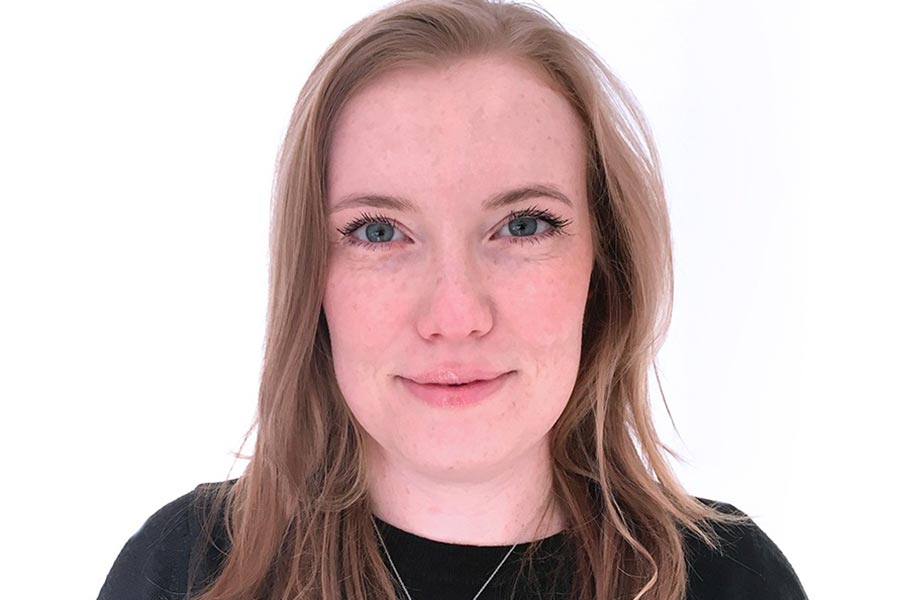Now, more than ever, companies need to ensure their employees have the skills to compete in a low-carbon, resource-efficient and circular economy.
Upskilling is becoming an essential part of future-proofing businesses in a world of work being transformed by technology and shaped by corporate sustainability directives.
A recent report, compiled by the Skills & Labour Market Research Unit (SLMRU) in SOLAS, the further education and training (FET) authority found that 75% of employment in Ireland in the final quarter of 2024 required some level of green skills, a trend that is likely to grow in the coming years.
FET is uniquely placed to support workplace transformation and to respond to critical skills needs of Irish enterprise.
Under the national Skills to Advance initiative, companies of all sizes, particularly Small and Medium Enterprises (SMEs), can access tailored and highly subsidised upskilling through their local Education and Training Board (ETB).
Since 2019, over 100,000 training opportunities have been taken up under this initiative. Created and funded by SOLAS, the further education and training (FET) authority, Skills to Advance assists employers to upskill their teams to drive innovation and boost productivity in SMEs, helping them build resilient workforces capable of navigating economic trends and technological advancements.
An exciting new offering under this initiative is FET micro-qualifications, bite-sized courses offering targeted training in emerging skills areas.
They are flexibly delivered, typically requiring 50 hours of tutor time and self-directed learning combined.
In response to the emerging sustainability skills needs of Irish business, a suite of Green Skills FET microSOLAS qualifications has been developed to boost awareness of key environmental sustainability issues affecting organisations and to equip learners with the green skills needed for sustainable business practice.
SOLAS has developed these in collaboration with the 16 ETBs and industry partners such as the Environmental Protection Agency (EPA), Sustainable Energy Authority of Ireland (SEAI), Uisce Éireann, IDA Ireland, Enterprise Ireland, Business in the Community (BITC), The Rediscovery Centre and Regional Skills Fora.
Courses include Lean Practice for Sustainable Business, The Circular Economy in the Workplace, and Sustainable Supply Chain Procurement and more.
All courses are accredited at Levels 4 to 6 on the National Framework of Qualifications (NFQ).
Companies across the country are benefiting from this offering.
Leah Woods, Human Resources (HR) Manager, at Conack Construction, in Limerick found that the Environmental Sustainability micro-qualification course run through Limerick and Clare ETB “has afforded us the opportunity to offer a more sustainable and environmentally conscious service to our customers.”

New FET micro-qualifications will soon be available in key upskilling areas for enterprises to meet the incoming corporate sustainability regulations including Sustainable Leadership, Sustainable Finance and Corporate Sustainability Reporting Directive (CSRD) Reporting.
Employers and employees interested in upskilling in sustainability skills and other sectors can contact their local Education and Training Board (ETB) to find out about the courses available in their area.
For more information on Skills to Advance and FET micro-qualifications, visit www.skillstoadvance.ie










